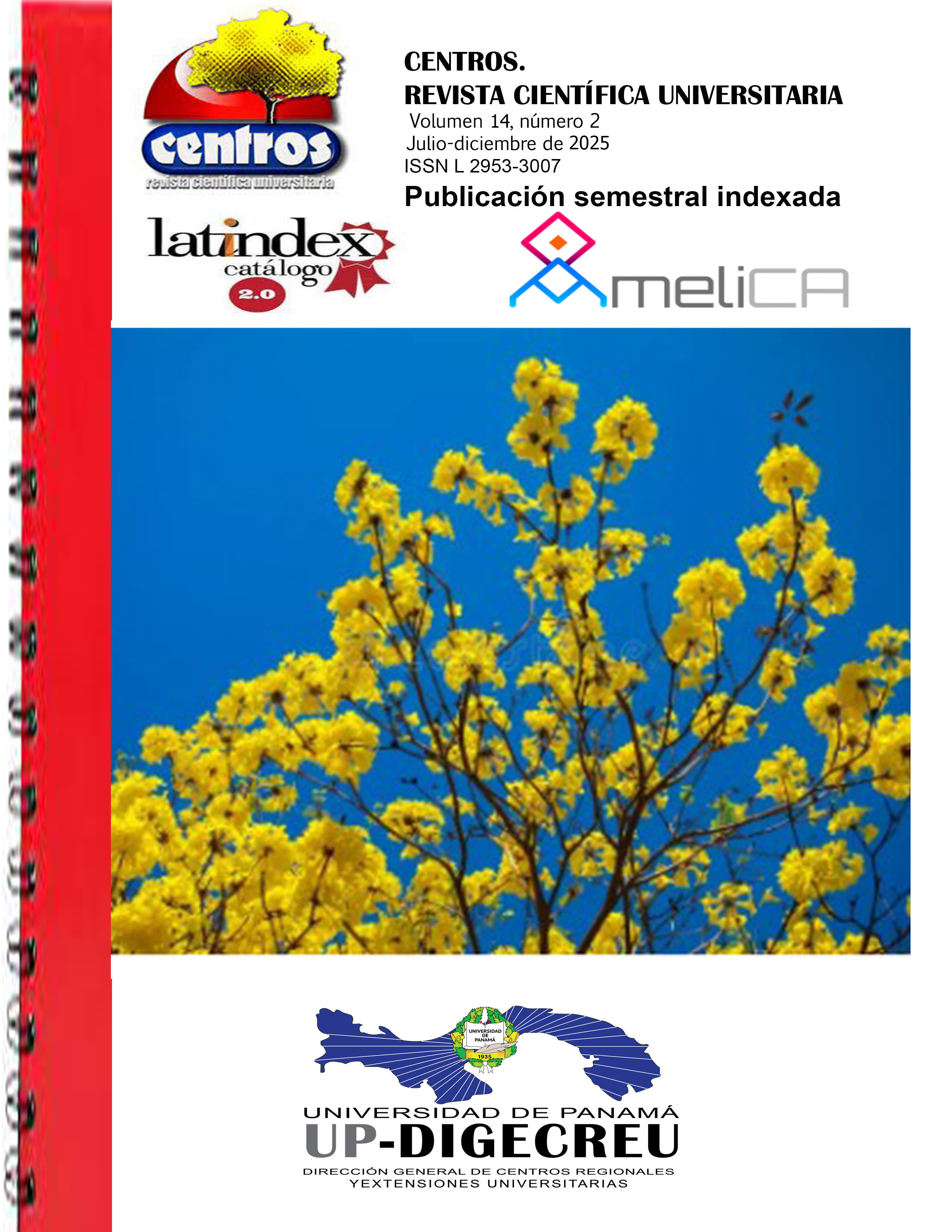

Derechos de autor 2025 Centros: Revista Científica Universitaria

Esta obra está bajo una licencia internacional Creative Commons Atribución-NoComercial-CompartirIgual 4.0.
El objetivo de este estudio fue analizar las competencias laborales desarrolladas por los estudiantes de Ingeniería en Operaciones y Logística Empresarial del Centro Regional Universitario de Veraguas y evaluar su alineación con las demandas del mercado laboral. Para ello, se empleó un enfoque cuantitativo, descriptivo y no experimental. La investigación abarcó una población de 159 estudiantes matriculados y egresados entre 2022 y 2023, de los cuales se seleccionó una muestra estratificada de 113 estudiantes, representando el 71% de la población total. Los datos se obtuvieron a través de un cuestionario estructurado que evaluó competencias técnicas, de gestión, interpersonales y analíticas, complementado con un análisis documental del plan de estudios. Los resultados fueron procesados mediante el software SPSS, utilizando análisis descriptivos y correlacionales. Los hallazgos revelaron una autopercepción de competencia moderada en las áreas técnicas, destacando la gestión de la cadena de suministro con una media de 3.35. Sin embargo, se observó menor confianza en competencias como transporte y distribución, y análisis de datos logísticos, con medias de 3.12 y 3.18, respectivamente. En las competencias de gestión, la planificación y gestión de proyectos mostró una correlación significativa con la resolución de problemas complejos. En cuanto a las competencias interpersonales, la negociación y resolución de conflictos se identificaron como áreas que requieren mayor atención. En conclusión, aunque los estudiantes se sienten moderadamente competentes en diversas competencias técnicas y de gestión, se detectaron áreas críticas como el transporte, distribución y resolución de conflictos que necesitan ser reforzadas. Estos resultados sugieren la necesidad de revisar y ajustar el plan de estudios para mejorar la preparación de los estudiantes en estas áreas clave.